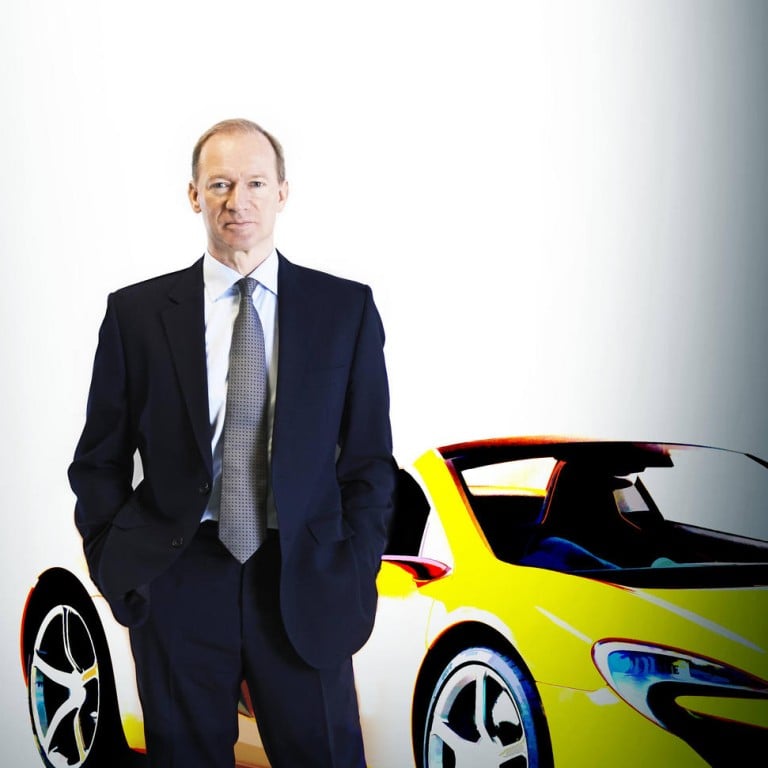McLaren CEO Mike Flewitt says automotive aims to strengthen sales through R&D and customisation

A. Being part of the wider McLaren family does have advantages, but they're not as extensive as it might seem. We do have a very wide talent pool within the companies, and this gives us an ability to move talented engineers around when needed, but the requirements of engineering a Formula One car that needs to race at 100 per cent for two hours every second weekend are very different to a sports or supercar that's got to last a lifetime. That's not to say that we don't draw on the experiences of McLaren companies. As an example, McLaren Applied Technologies were responsible for developing the electric motor in the McLaren P1TM.
A. The successful McLaren Automotive business model is built on two different strands of products - the series production cars such as the 570S and 650S, and the limited volume of the 675LT and McLaren P1TM cars. Through McLaren's Special Operations division, we have also built a number of special-edition 650S cars celebrating historic milestones in the company's past that have been very appealing to owners. The business model is also built in industry-leading proportions of reinvestment of turnover in Research and Development. Our recent Track22 business plan announcement confirms that McLaren will spend 20 to 25 per cent of turnover over the next six years on research and development, which equates to about £1 billion [HK$11.08 billion]. This will deliver 15 all-new cars or derivatives by the end of the six years, of which at least 50 per cent will by hybrid.
A. McLaren was an early adopter of hybrid technology in the McLaren P1TM, and we see that hybrid and electrification technology will play an important part going forward. By the end of 2022, we anticipate that at least 50 per cent of our cars will feature hybrid technology, and as a segment first, we are also starting to investigate a one-off prototype in the Ultimate Series featuring an all-electric drive train. This presents significant challenges to engineers in terms of delivering the same levels of driver engagement - noise, vibration, emotion - as today's internal combustion engine-powered cars do. There are also the considerations of weight - currently, battery technology is relatively heavy, and weight is the biggest detractor from driving enjoyment. However, the electric motor provides one important positive ingredient to drivability - maximum torque from zero rpm and so if managed properly. It can make a significant contribution to improvements in acceleration times which, for McLaren, is an important ingredient in the drivability of a car.
A. China is a growing and important market for McLaren. As a result of us still being a young company [six years old], we didn't experience the recent cycle of growth and contraction, and have only seen consistent growth since we started selling cars two years ago. We now have a well-established sales company in China that has focused on selecting experienced McLaren personnel as well as talented Chinese experts in the supercar marketplace.
A. It's impossible to narrow it down to one, and I prefer to look at it as a number of connected strategies that have taken the company that, when I arrived, was selling a single model to a company that today offers a range of sports and supercars ranging from the £126,000 540C through to the now-discontinued £2 million McLaren P1TM GTR. The tree family product line-up - Sports Series, Super Series and Ultimate Series - creates a clear understanding of the roles of each car. The introduction of the Sports Series in late 2015 injected significant volume into McLaren and takes us from around 1,600 sales of predominantly Super Series cars in 2015 through to over 3,000 sales of Sports and Super Series cars in 2016. [Our] success will be driven by a constant reinvestment in research and development that will keep the cars we produce competitive and in demand.

We talk to Mike Flewitt, CEO of McLaren Automotive